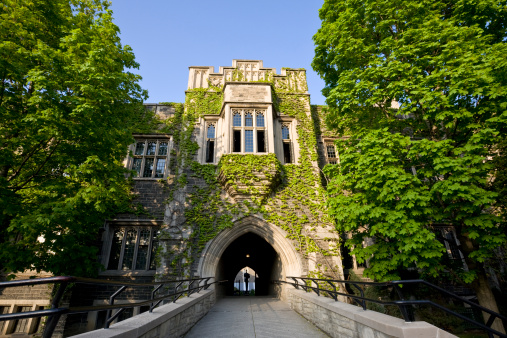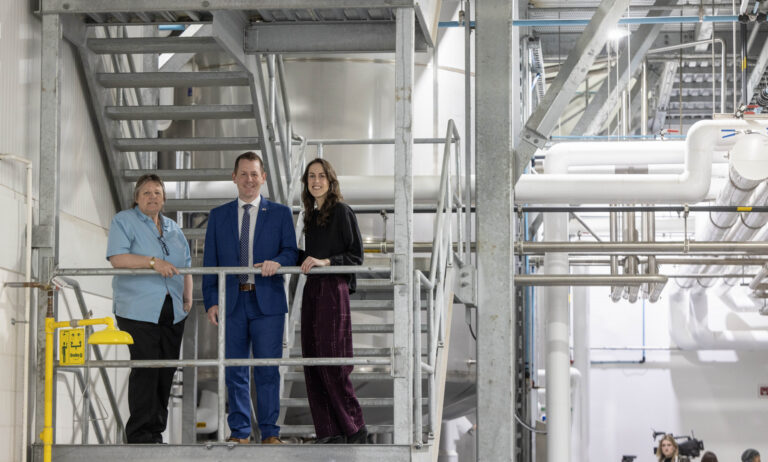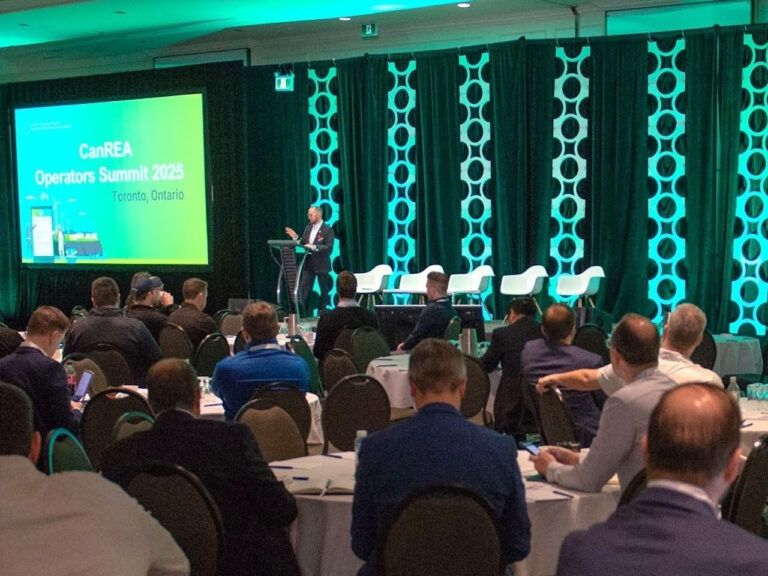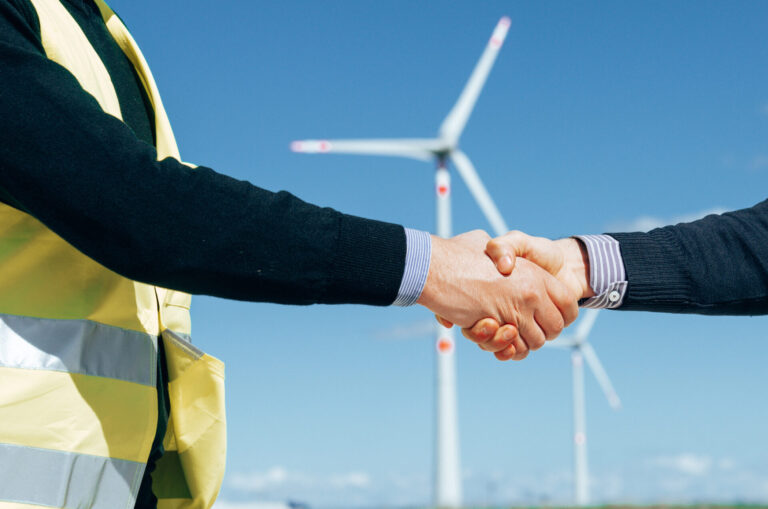Burnaby City Council has approved a Climate Action Framework, a roadmap for the city as it takes meaningful actions to address climate change.
“Transitioning to carbon neutrality will enhance our environmental health, resilience and sustainability,” said Mayor Mike Hurley. “This Framework will build on the progress we’ve already made and capitalize on Burnaby’s strengths of compact growth, frequent transit and abundant green space.
In September 2019, City Council declared a Climate Emergency and a plan to reduce carbon emissions: by 45 per cent by 2030, 75 per cent by 2040; and to become carbon neutral by or before 2050.
These targets align with commitments from Metro Vancouver and the Intergovernmental Panel on Climate Change (an intergovernmental body of the United Nations). In an effort to meet these targets, the City’s Climate Action Framework proposes a series of concrete actions that include:
- Expanding electric vehicle (EV) charging across the city, including on-street and at civic facilities, and adopting requirements for EV charging for commercial properties
- Enabling low carbon and net zero emission buildings through new regulations and by removing policy barriers
- Developing a strategy for city-wide building retrofits to zero emissions
- Expanding and enhancing the urban forest on public land, and enhancing and expanding streamside areas for urban cooling
A warming climate endangers everything from our local economy to the well-being of our citizens.
“To achieve our targets, we need to incorporate climate action into all the decisions we make in Burnaby,” said Councillor Joe Keithley, chair of the Environment Committee. “Whether we’re building out our sidewalks and core bike network or setting new policies for low- and zero-carbon construction, making wise actions today will put us on the road to success in the years ahead.”
Recognizing the need to lead from within, the city has also approved the City Energy Strategy, which will see the City of Burnaby achieve carbon neutrality within corporate operations by 2040, 10 years ahead of the community-wide target. The strategy includes plans to rapidly transition the City’s fleet vehicles away from fossil fuels, setting of an internal carbon price to prioritize low and zero emissions for all new public facilities, and the retrofit of existing buildings to achieve net-zero emissions.
For further information, click here.
Featured image of EV charging station credit: City of Burnaby.











